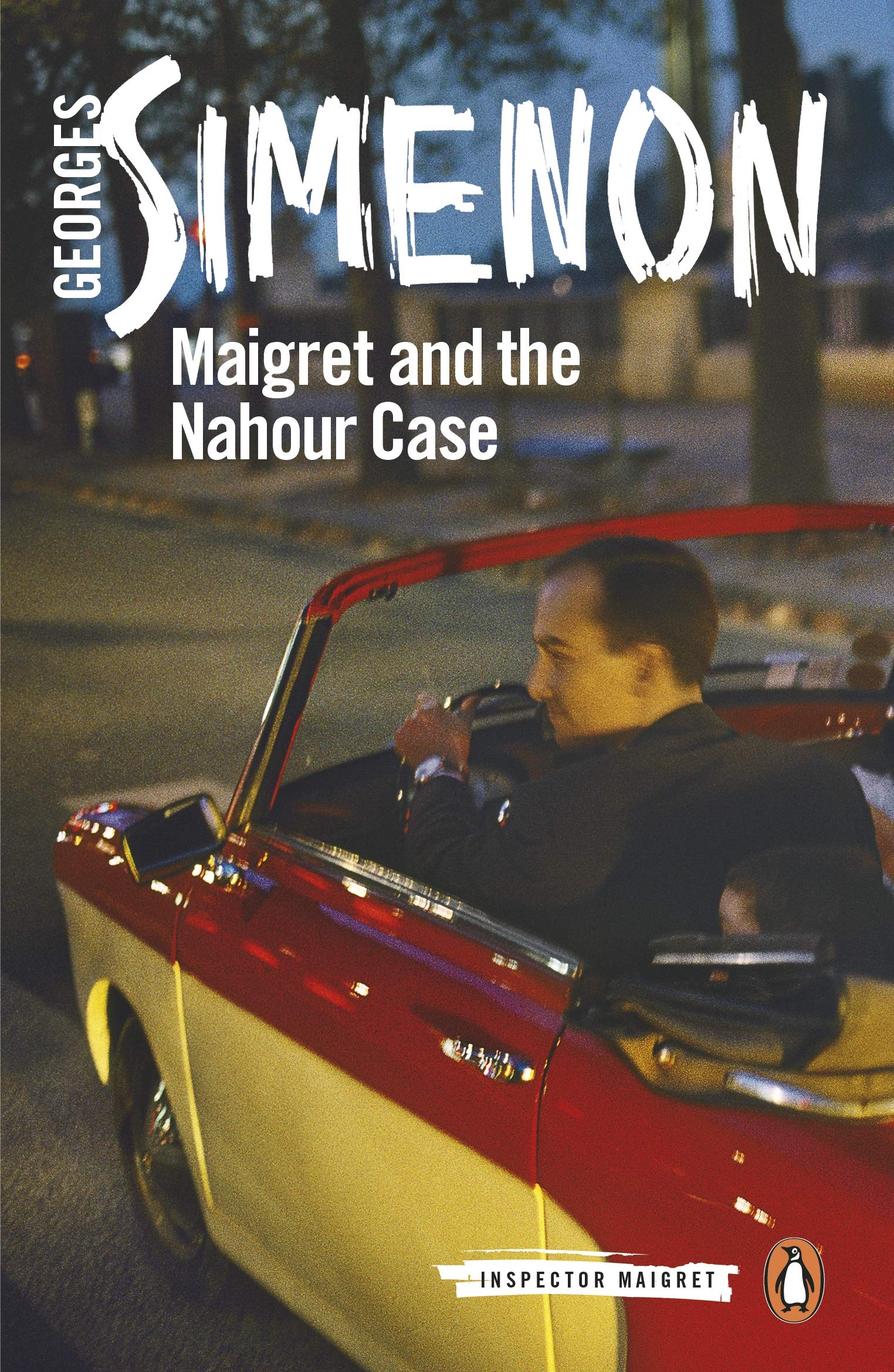Maigret and the Nahour Case
""...well worth reading...""
Synopsis:
It is a bitterly cold, snowbound January, and at 1.30 am Maigret is woken by a phone call from his friend Dr Pardon. Could Maigret come over at once? On arriving, the doctor tells him that he has just been visited by a couple, and that the woman had a bullet wound in her back. He then left the room, and when he came back after a few minutes, the couple had gone. Dr Pardon, however, had retained the bullet, a 6.35.
Next day he discovers that the couple had flown to Amsterdam. He is also called to the home of a Lebanese called Félix Nahour, who has been murdered in his study. On the desk is a photograph of a woman who matches the description of Pardon's female visitor, and who turns out to be Ēvelyna ('Lina') Nahour, Félix 's wife. The bullet used turns out to be a 6.35, so Maigret makes the connection between the two crimes. Maigret arranges for Lina to return to Paris for the reading of the will. When Maigret interviews each one in the household, their stories conflict. Both Lina and the man she was with at the Pardon's surgery, Vincente Alvaredo, protest their innocence, but admit they were having an affair. Louise Boudin, the chambermaid who found the body, is stiff and uncommunicative. Nelly Velthuis, Ēvelyna companion, pretends not to speak English. And Fouad Ouėni, secretary and jack-of-all-trades to Félix Nahour, is arrogant and unhelpful, maintaining that he was not at home on the night of the murder. All of them are lying to some extent, but which one is concealing the fact that her or she shot Félix Nahour?

Purchase the book from Amazon.
Review:
I am a great admirer of the Maigret novels, but even Simenon must have an off-day. This, sadly, is not one of his best. It is still faultlessly written, with his usual brevity, exploration of character and beguiling rhythm, but the plot, and the way it is presented, doesn't quite gel. The denouement appears hurried and contrived, as if Simenon himself had no idea whodunit up until the last few pages. And - horror of horrors - I had worked out the murderer, and the way the deed was carried out, three quarters of the way through the book Having said that, it is still well worth reading, as its entertainment quotient is high. The old magic with words is still there, but I feel that Simenon had lost interest in this particular mystery half way through writing it.
